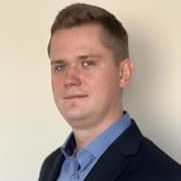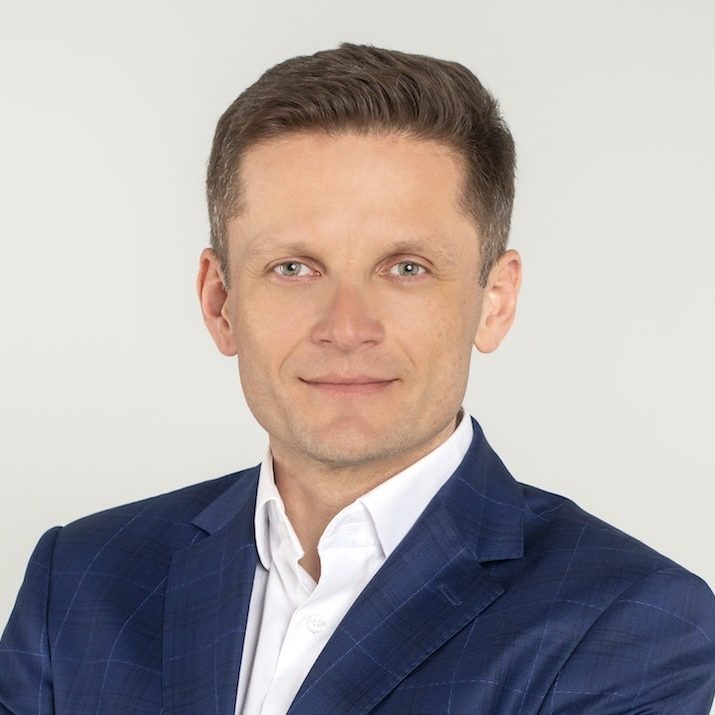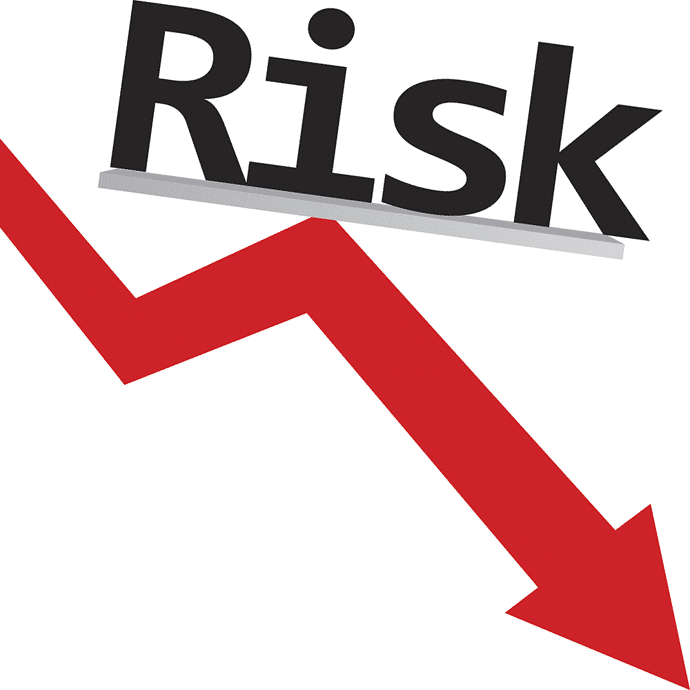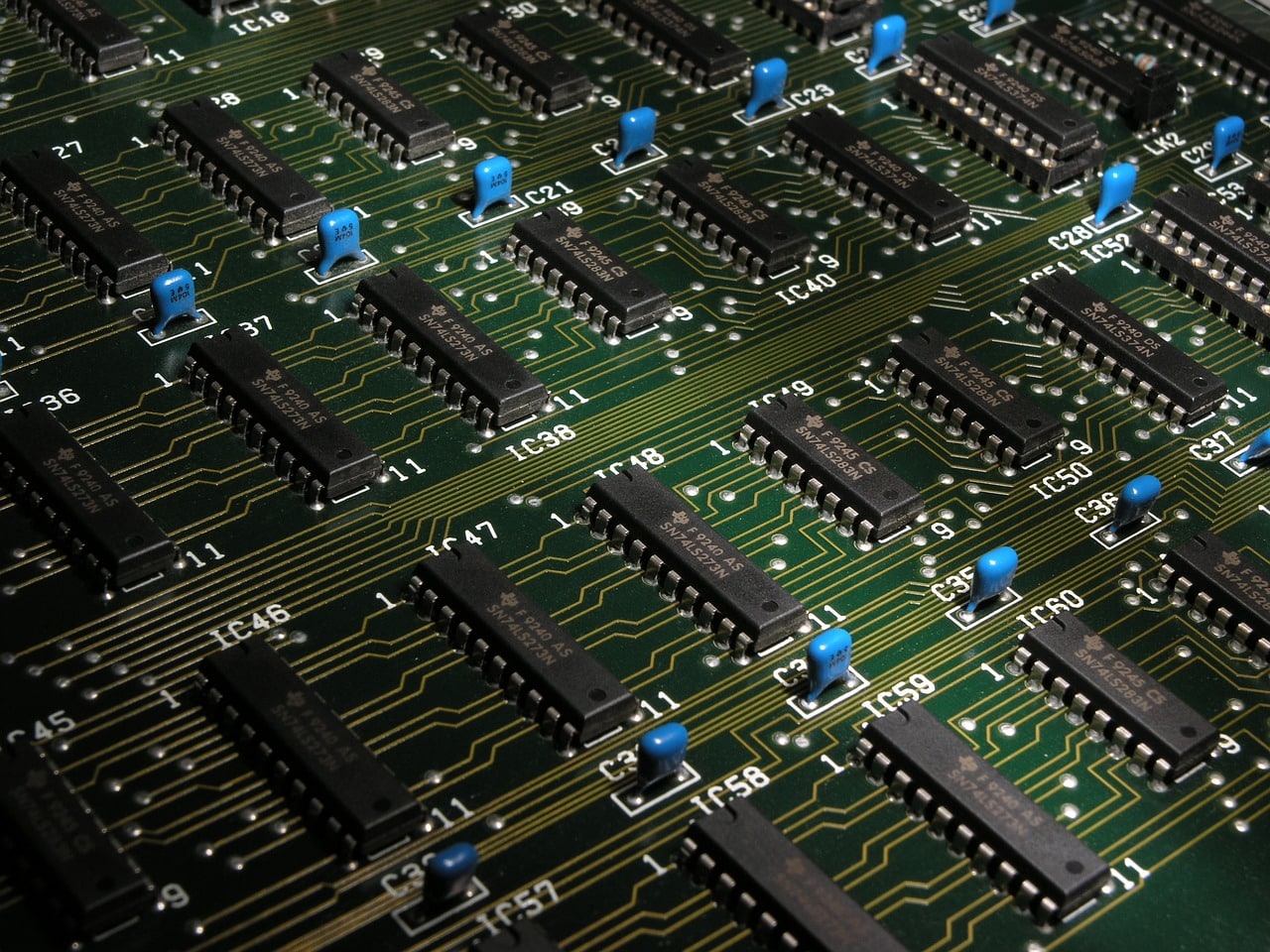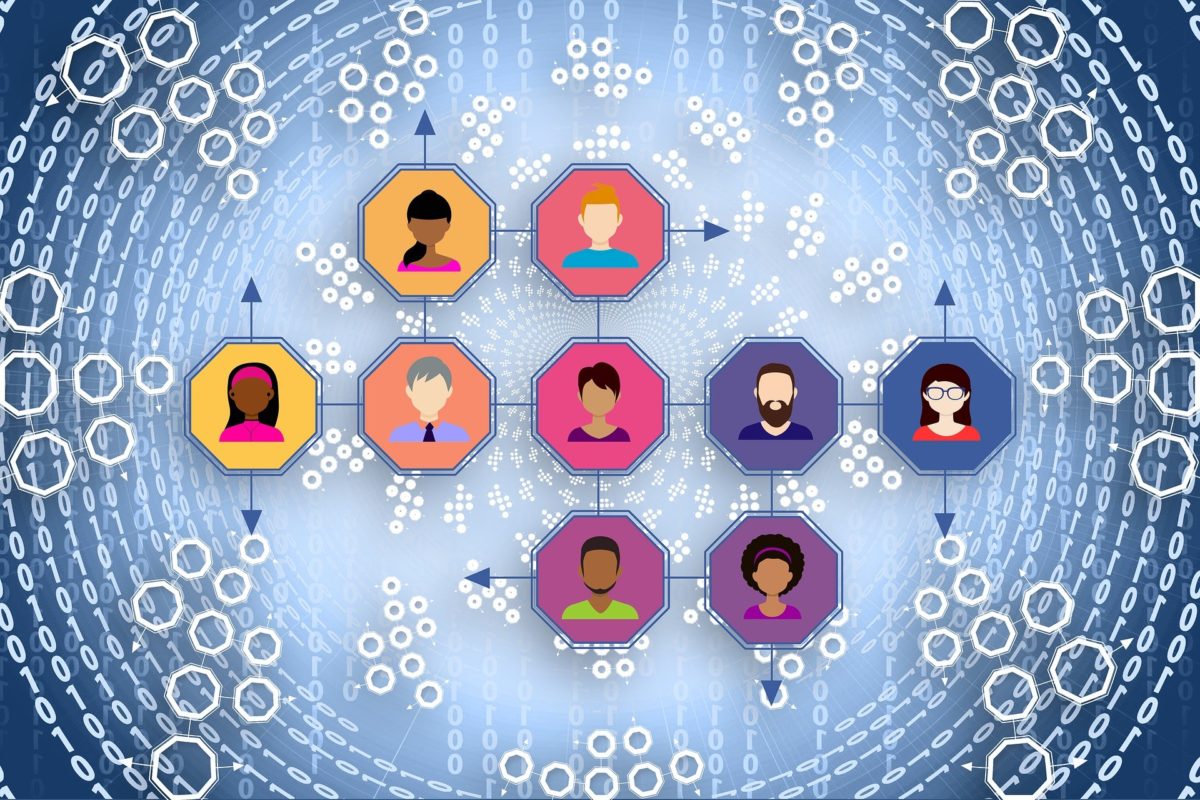Author:
The semiconductor supply chain today faces several major challenges.
The semiconductor supply chain today faces several major challenges. The most significant of these, according to 35% of respondents in a recent survey carried by Accenture, are inflation and economic concerns. The prices of semiconductors have surged recently, and this is having a significant impact on the supply chain.
Meanwhile, 20% of respondents are still feeling the impact of Covid-19 and are still in recovery from it. This pandemic has disrupted supply chains globally and led to severe shortages in various industries. The third most significant challenge, as per 18% of the survey respondents, is a talent shortage in the industry.
The semiconductor industry is expanding rapidly and there is a need for skilled labor to support this growth. However, the industry is facing a shortage of talent, which is hampering its growth. Further factor that represents 14% of answers of responders is that that the investments that have been announced are insufficient, and 12% are concerned about geopolitics.
The geopolitics
Shifting focus to factors that will significantly impact semiconductor innovation in the next year, ecosystem considerations such as chip sovereignty and geopolitics top the list. Geopolitics plays a crucial role because once a semiconductor is designed, it becomes difficult to resource. Moreover, cybersecurity continues to be a major concern. The third factor is the changing competitive landscape, primarily due to companies accumulating significant inventory and trying to clear it as soon as possible with good conditions.
A closer look at geopolitics reveals that the majority of semiconductors, 65%, are designed in the U.S., with 17% in Taiwan and 15% in China. When it comes to fabrication, Taiwan leads with 60% of the global production, followed by South Korea with 19%. Back-end assembly, on the other hand, is primarily carried out in Taiwan and China. Recently, Intel announced new investments for fabrication in Germany (front-end) and back end assembly plants in Poland.
For greenfield investments in semiconductors, it typically takes about 3 to 4 years for a plant to become operational. It's crucial to note that concerns like energy supply for semiconductor manufacturing are paramount.
The outlook
Looking ahead, traditional silicon may not be enough to meet future demands. Especially in the area of electrification. Infineon, in its Q2 2023 investor presentation, highlighted that the next significant developments in semiconductors would likely be Silicon Carbide and Gallium Nitride solutions. Gallium Nitride is over 1000 times more efficient than silicon, which could revolutionize applications such as adapter charging, servers, and onboard chargers. Infineon anticipates that by 2027, these new applications could create a market worth around $6 billion. The company also expects Gallium Nitride solutions to replace current silicon in chargers completely by 2030, with servers and onboard charging following suit. This suggests a massive leap forward for the semiconductor industry.
Kamil Górka
Category Manager, expert in semiconductors market
Meet our keynote speaker, Kamil Górka, a seasoned Semiconductor Purchasing Manager with a decade of experience in the automotive industry. Kamil's career is marked by successful multimillion-dollar negotiations across global markets, strategic partnerships with semiconductor suppliers, and implementation of effective purchasing strategies.
Kamil stands out with his expertise in market analysis, technological trends, and in-depth understanding of semiconductor technology. His forward-thinking approach helps predict market changes, shaping dynamic purchasing strategies to meet industry needs.
Rafał Dados
18+ years of experience in project sourcing and strategic procurement. Managing Partner at Eveneum, a company specialized in advisory and competencies development. Focused on sectors where relationship building and trust element between partners is the mission critical factor. Supports customers on early suppliers engagement processes and early procurement engagement into R+D work. He has been delivering projects related to: negotiations on behalf, niche technology suppliers scouting. Keynote speaker at Polish and international conferences. Lecturer at Jagiellonian University (Procurement Management post graduate studies).

